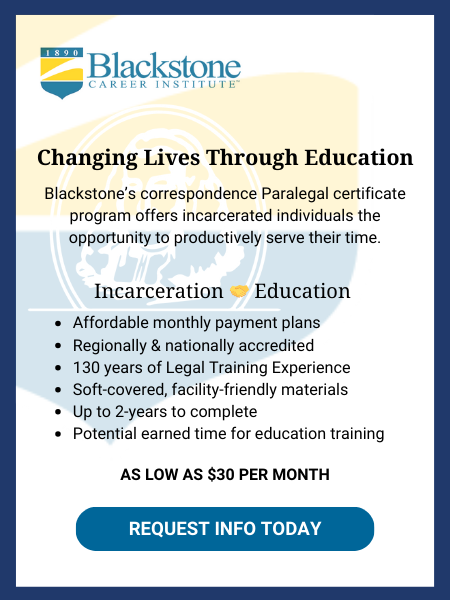North Carolina Supreme Court: Testimony That Improperly Bolstered Victim’s Credibility Was Plain Error
Fifteen-year-old Virginia (a pseudonym) testified that her father, David William Warden II, forced her to perform oral sex on him once when she nine and two more times when she was twelve. After each instance of abuse, her father prayed for forgiveness. There was no physical evidence nor any other direct evidence that the abuse occurred.
However, Warden’s sister testified that when she was about Virginia’s age, Warden had abused her in the same manner and had prayed for forgiveness afterward. Virginia’s maternal grandmother testified that Virginia’s behavior changed around the time of the alleged abuse. Virginia’s paternal grandfather testified that “all [defendant has] done his whole life is lie and try to cheat people.”
And the DSS Investigator testified as follows: “[P]art of our role is to determine whether or not we believe allegations to be true or not true. If we believe those allegations to be true, we will substantiate a case. If we believe them to be not true or we don’t have enough evidence to suggest they are true, we would unsubstantiate a case.... We substantiated sexual abuse naming [Warden] as the perpetrator.”
Warden was the only defense witness, and he denied the abuse occurred. He was convicted of several offenses and appealed, arguing the DSS Investigator’s testimony improperly bolstered or vouched for Virginia’s testimony. Because Warden failed to object to the DSS Investigator’s testimony, the COA reviewed for plain error and reversed. The Supreme Court of North Carolina reviewed the COA’s decision.
The Court observed that “to establish plain error defendant must show that a fundamental error occurred at his trial and that the error ‘had a probable impact on the jury’s finding that the defendant was guilty.’” State v. Towe, 732 S.E.2d 564 (N.C. 2012). A fundamental error is one “that seriously affects the fairness, integrity, or public reputation of judicial proceedings.” State v. Lawrence, 723 S.E.2d 326 (N.C. 2012).
“In a sexual offense prosecution involving a child victim, the trial court should not admit expert opinion that sexual abuse has in fact occurred because, absent physical evidence supporting a diagnosis of sexual abuse, such testimony is an impermissible opinion regarding the victim’s credibility.” State v. Stancil, 559 S.E.2d 788 (N.C. 2002). An expert’s definitive diagnosis of sexual abuse is inadmissible unless it is based upon supporting physical evidence of abuse. State v. Chandler, 697 S.E.2d 327 (N.C. 2010). It is generally improper to have witnesses vouch for the veracity of another witness. State v. Robinson, 561 S.E.2d 245 (N.C. 2002).
The Court stated that there “is no disputing, and the State concedes, that the trial court erred in allowing” the testimony of the DSS Investigator in question.
Having determined the trial court erred in allowing the testimony, the Court then addressed whether Warden met his burden of showing the error rose to the level of plain error. In Towe, the Supreme Court had found plain error where the trial court allowed the State to present inadmissible vouching testimony, and the case turned on the credibility of the victim because there wasn’t any physical evidence of abuse. Likewise, in the instant case, there wasn’t any physical evidence of abuse, and the case turned on the credibility of Virginia versus that of Warden, i.e., if the jury believed Virginia the verdict would be “guilty” but if the jury believed Warden the verdict would be “not guilty.”
Also, as in Towe, the jury in Warden’s case heard from other witnesses whose testimony gave jurors reason to believe Virginia and disbelieve Warden. But none of those witnesses were eyewitnesses to the abuse.
The Court concluded “[a]bsent evidence supporting the jury’s guilty verdict on a basis other than the jury’s relative assessment of the complainant’s and defendant’s credibility, we do not believe that the outcome of the trial would probably have been the same if the DSS investigator’s inadmissible vouching testimony had been excluded.”
As a digital subscriber to Criminal Legal News, you can access full text and downloads for this and other premium content.
Already a subscriber? Login
Related legal case
State v. William
| Year | 2020 |
|---|---|
| Cite | 2020 N.C. LEXIS 1143 (2020). |
| Level | State Supreme Court |
| Conclusion | Bench Verdict |





